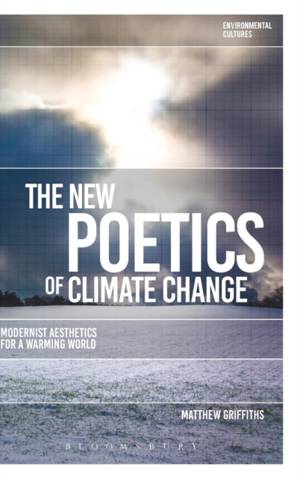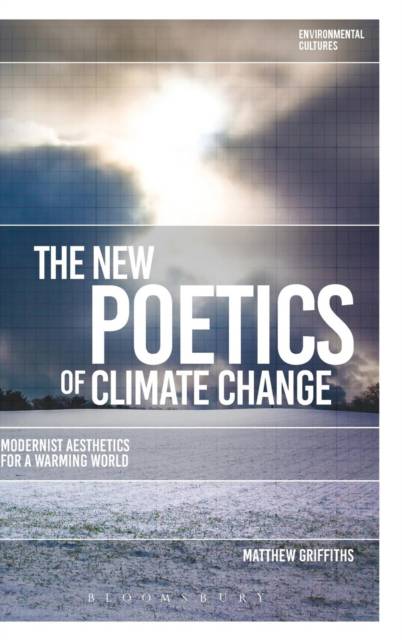
- Retrait gratuit dans votre magasin Club
- 7.000.000 titres dans notre catalogue
- Payer en toute sécurité
- Toujours un magasin près de chez vous
- Retrait gratuit dans votre magasin Club
- 7.000.0000 titres dans notre catalogue
- Payer en toute sécurité
- Toujours un magasin près de chez vous
271,45 €
+ 542 points
Format
Description
Climate change is the greatest issue of our time - and yet too often literature on the subject is considered only in the bracket of 'environmental' writing, divorced from culture, society and politics. The New Poetics of Climate Change argues instead that the emergence of global warming presents a fundamental challenge to the way we read and write poetry - the way we think - in the modern age.
In this important new book, Matthew Griffiths demonstrates that Modernism's radical reinvigorations of literary form over the last century represent an engagement with key intellectual questions that we still need to address if we are to comprehend the scale and complexity of climate change. Through an extended examination of Modernist poetry, including the work of T. S. Eliot, Wallace Stevens, Basil Bunting and David Jones, and their influence on present-day poets including Jorie Graham, Griffiths explores how Modernist modes can help us describe and engage with the terrifying dynamics of a warming world and offer a poetics of our climate.Spécifications
Parties prenantes
- Auteur(s) :
- Editeur:
Contenu
- Nombre de pages :
- 224
- Langue:
- Anglais
- Collection :
Caractéristiques
- EAN:
- 9781474282093
- Date de parution :
- 27-07-17
- Format:
- Livre relié
- Format numérique:
- Genaaid
- Dimensions :
- 156 mm x 234 mm
- Poids :
- 489 g

Les avis
Nous publions uniquement les avis qui respectent les conditions requises. Consultez nos conditions pour les avis.






